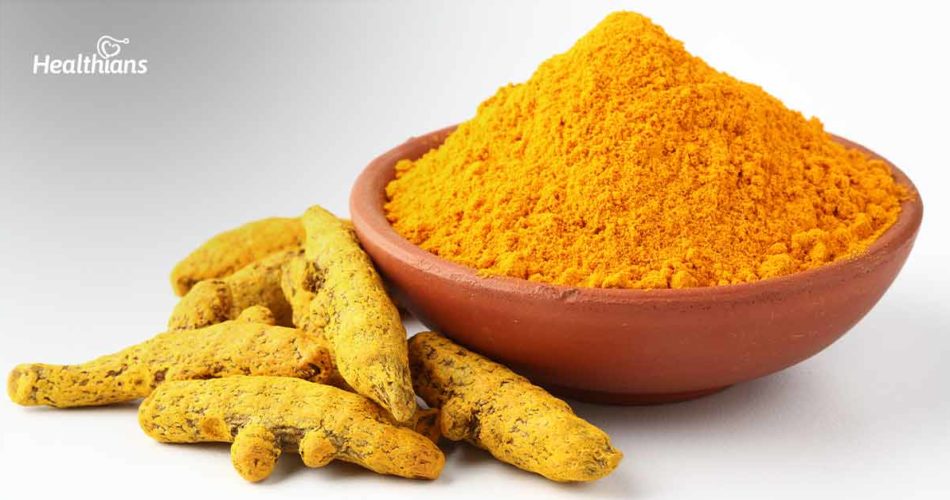Contributed by: Healthians Team
Introduction
Menopause is an unavoidable part of a woman’s ageing process. It is a crucial time that is defined retrospectively as the conclusion of periods for more than 12 months in the absence of hormonal contraception.
Most women begin the transition in their 40s or 50s, with the average age being 51.
For some women, the M-word can be frustrating and debilitating. Menopause and its effects are dreaded, given its various uncomfortable and problematic symptoms. Unfortunately, these symptoms are also unavoidable.
Top concerns for women during this stage include:
- Hot flashes
- Sweating and palpitations
- Fatigue and exhaustion
- Irritability and mood swings
- Vaginal dryness
- Sleep disturbances
- Declined cognitive functioning
- Itching in skin
- Breast soreness
- Apprehension and anxiety
- Joint and muscle complaints
- Decreased sex drive
Perhaps more alarming is the increased chance of developing health problems — the most common being obesity, osteoporosis, urinary incontinence, heart disease, thyroid disorder, and diabetes.
The management of menopause symptoms often presents a clinical challenge.
There are some hormonal interventions that may minimise the effects of menopause and help reduce the risk of many long-term health conditions.
Although these appear to be a quick fix; however, most women prefer to forgo such therapies as the risk of negative consequences can occasionally outweigh the benefits.
So what can you do to combat and ease the discomfort of menopause symptoms?
Well, the good news is that your kitchen has the solution! Turmeric offers a ‘window of opportunity to aid relief of symptoms with no additional risks and minimal systemic side effects.
Managing menopause naturally without hormonal treatment
Turmeric is a healing and nurturing spice that has been long hailed as a super-food in traditional Chinese and Ayurvedic medicine.
One of the most well-known benefits of turmeric is its purported ability to alleviate menopause-related oxidative stress and other menopause symptoms naturally.
The source of turmeric’s myriad health benefits is its main bioactive compound, curcumin.
Research has revealed that this active element in turmeric has powerful antioxidative, anti-inflammatory, antidepressant, and anticancer properties.
In addition to this nutrient, scientific research has confirmed there are over 250 compounds in turmeric.
To balance hormones
Most of the menopause symptoms are caused by a decrease in hormones — specifically testosterone and oestrogen.
Given that turmeric is a phytoestrogen (a plant source of oestrogen), it is able to decrease the severity of a number of these symptoms by balancing the levels within the body.
For hot flashes
Several studies have looked especially at the efficacy of curcumin supplementation in menopausal women and found it helps — especially with frustrating hot flashes — in as little as four weeks.
As a pain killer
Its potent anti-inflammatory properties can significantly reduce joint pain, muscle soreness and stiffness in some menopausal women
To treat vaginal infections
The imbalance in estrogen levels makes women more vulnerable to vaginal dryness and infections. It has been observed that effective turmeric treatment alleviates all symptoms of illness.
For breast soreness
Menopause also causes breast tenderness, which can be quite uncomfortable and even painful. Turmeric contains curcuminoids, which have anti-breast cancer properties and limit the growth of breast cancer cells.
To promote bone health
Osteoporosis is more likely during menopause. A lower oestrogen percentage can impair bone growth. Because of its antioxidant properties, curcumin enhances bone density.
To alleviate depression
Menopause and depression go hand in hand. Turmeric is a powerful antidepressant. It is also useful for reducing anxiety. It raises DHA levels, which are important for the regulation of anxiety and depression.
How to consume turmeric?
To reap the benefits of turmeric for menopause, incorporate it into your diet or drink turmeric milk every day.
Tip: There’s evidence that curcumin absorption can be improved — particularly when combined with black pepper — to smooth the mood swings tied to menopause.
Final thoughts
If you prefer dietary supplements above unnatural medications and hormones, to help treat your symptoms, consider including the “golden spice” in your diet.
While it may work well for some menopausal women, it may not be as effective for others.
Try them out as it is certainly not going to hurt you.
Of course, make sure that you consult a physician to make sure it doesn’t interfere with other conditions you have or medications you take regularly.
Plus, there’s a possibility that it might interfere with some chemotherapy drugs.
In summation: Just like adolescence, menopause is just another life stage.
Reach for turmeric during this natural transition, to lessen bothersome menopause symptoms and help you stay healthy for years to come, including through menopause.
Also, it’s a wise move to opt for regular health checkups to keep an eye on your overall health.
These health checks enable you to keep an eye out on triggers that can take your health for a toss and take preventive measures if anything off pops up.




